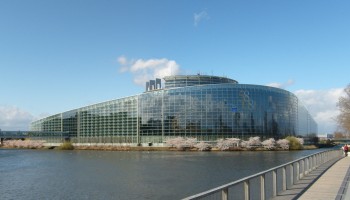Two weeks ago, the CoE published a report that found bribes had been used to soften criticism of Azerbaijan.
“As to the corruptive activities in favour of Azerbaijan, the Investigation Body established that there was a strong suspicion that certain current and former members of [the parliamentary assembly] had engaged in activity of a corruptive nature,” the report said.
The Times reported that Anders Samuelsen, Denmark’s Foreign Minister and Chairman of the CoE’s Committee of Ministers, sent a letter to the assembly’s president, Michele Nicoletti, urging swift action against the lawmakers at the heart of the investigation, calling the scandal “deeply worrying.”
“There is reason for concern if there are continued efforts on behalf of a small number of parliamentarians to divert or dilute the follow-up of the report,” he said in the letter.
The assembly demanded an investigation after complaints arose against these alleged Azerbaijan-aligned lawmakers. The European Stability Initiative found in 2012 that the country had been attempting to bribe CoE officials essentially since it became a member in 2001.
In September 2017, the OCCRP and its partners revealed a multi-billion dollar money laundering and corruption scheme called the Azerbaijani Laundromat and detailed how the Azerbaijani government used a slush fund to bribe European politicians, including CoE parliamentary assembly members, in addition to laundering money through major European financial institutions and U.K.-based shell companies.






